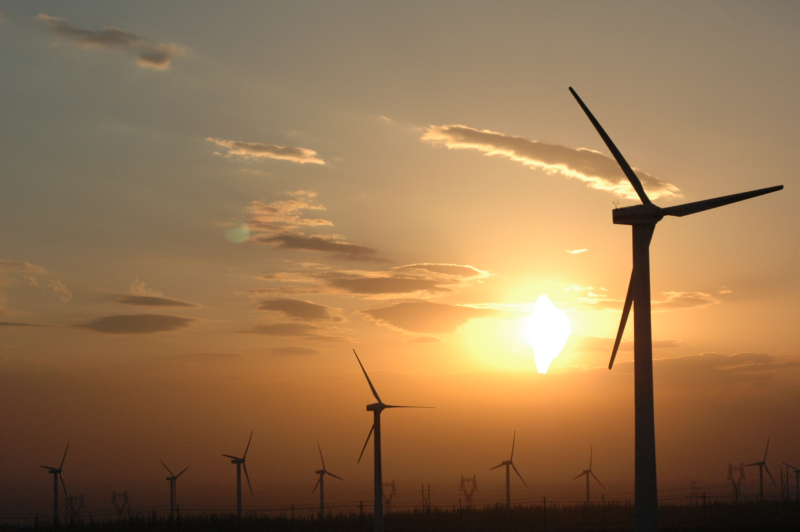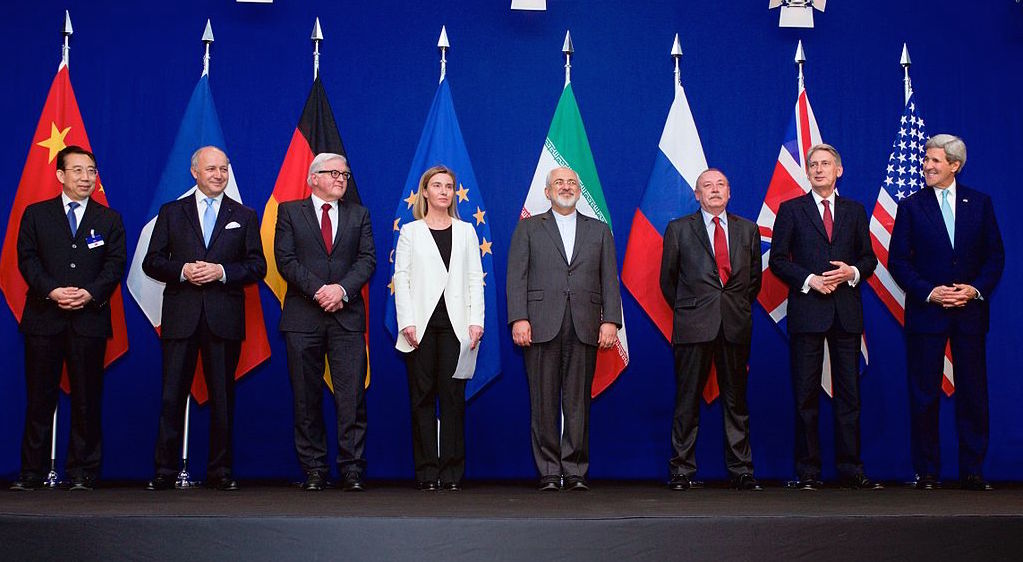Abstract: In order to prevent the drastic impacts of extreme weather and climate change, the ever-increasing demand for energy will have to be replaced with environmentally friendly alternatives. Regardless of the pessimism of climate change skeptics, there is a vast, untapped market for renewable energy that could soon shuffle the arbiters of energy dominance.
In the past, coal and oil were much cheaper than renewable energy technologies. Governments, however, have taken strides to promote clean energy with incentives and the taxation of fossil fuels, causing rapid cost declines in renewable energy technologies. Some countries have embarked on a race to establish renewable energy technologies to reduce pollution, establish energy independence and minimize national security threats associated with a dependence on imported oil.
For the past decade, the United States has experienced a shale revolution, which reduced crude oil imports and severed its addiction to foreign oil. While this may have been a favourable short-term strategy in the twentieth century when oil was a vital commodity, it could, however, have undesirable consequences when America is forced to compete with dominant global players that have been successfully implementing renewable energy strategies for years. The United States is establishing energy independence with non-renewable petroleum products, while China is taking steps to do so with renewable energy sources. This pursuit for energy independence is a long-term challenge that will change global market dynamics.
China boasts one-half of the world’s solar energy capacity, and has the most electric cars on the road worldwide. The cumulative number of electric cars on the global market have been increasing exponentially, from less than 250 000 in 2012 to 2 million in 2019, improving energy independence for some countries. China remains the world’s largest emitter of greenhouse gases though, measured at approximately 9040.74 million metric tons, disproportionately larger than the next three emitters combined: the United States, India and Russia. At the same time, however, China also leads the world in national research and development for renewable energy sources with $1.9bn USD being invested in 2016, dramatically outpacing the European Union, and the United States. Countries building self-sustaining energy infrastructure (i.e. solar panels, wind and hydro-electric turbines) can reduce their dependence on crude oil and energy imports. The race for energy self-sufficiency and renewable energy acts as a tremendous motivation for many countries, and China seems to be outpacing others.
Implementing sustainable long-term energy solutions is not without its challenges. This could spark conflict in unstable, oil-based economies. Membership in the Organization of the Petroleum Exporting Countries (OPEC), a trade bloc accounting for nearly 82% of the world’s oil reserves, is comprised mostly of oil-based economies which will be negatively affected by the transition towards renewable energy sources. Saudi Arabia, the linchpin for the OPEC cartel, was once one of the poorest countries in the world along with other Gulf states, such as the United Arab Emirates, until the discovery of oil reserves in the Arabian Peninsula and the Persian Gulf in the 1930s. Saudi Arabia, possesses 18% of the world’s oil reserves, the second largest in the world. As such, Saudi Arabia’s economy relies heavily on oil exports, reflected in a nominal GDP of $646bn USD in 2017. Efforts are being made to diversify the economy in Saudi Arabia, however, as current data outlines, approximately 87% of its national budget, 42% of its GDP and 90% of export earnings are based on the oil industry.
Another OPEC member, Venezuela, is already reeling from the effects of diminishing oil prices and the lack of a diverse economy. While Venezuela yields the largest proven oil reserves on the planet, it is, however, currently in the midst of a collapsing economy, with hyperinflation expected to increase as high as one million percent by the end of 2018. Over the past two-years nearly 1.2 million Venezuelans have fled the country, and approximately 50,000 people cross into Columbia daily. This type of internal conflict could become a reality for more countries if actions are not taken to insulate themselves from dynamic market forces as the world moves towards energy sustainability and away from fossil fuels.
Oil makes the world go around. It has created rich and powerful countries which, in the twentieth century have used this strategic commodity in times of war to starve combatants into submission. With increasing human development in Africa, the Middle East and Asia, the demand for energy will likewise increase. By some estimates, the global energy consumption rate is set to nearly double by 2030 from what it was in 1990. To prevent catastrophic effects of climate change, energy sources will have to come from renewable sources. As the effects of climate change increase, and non-renewable energy sources run out, conflicts over scarce resources could be worse in the years to come.
Featured image: Wind power plants in Xinjiang, China (2005), by Chris Lim via Wikimedia Commons. CC 2.0
Disclaimer: Any views or opinions expressed in articles are solely those of the authors and do not necessarily represent the views of the NATO Association of Canada.




